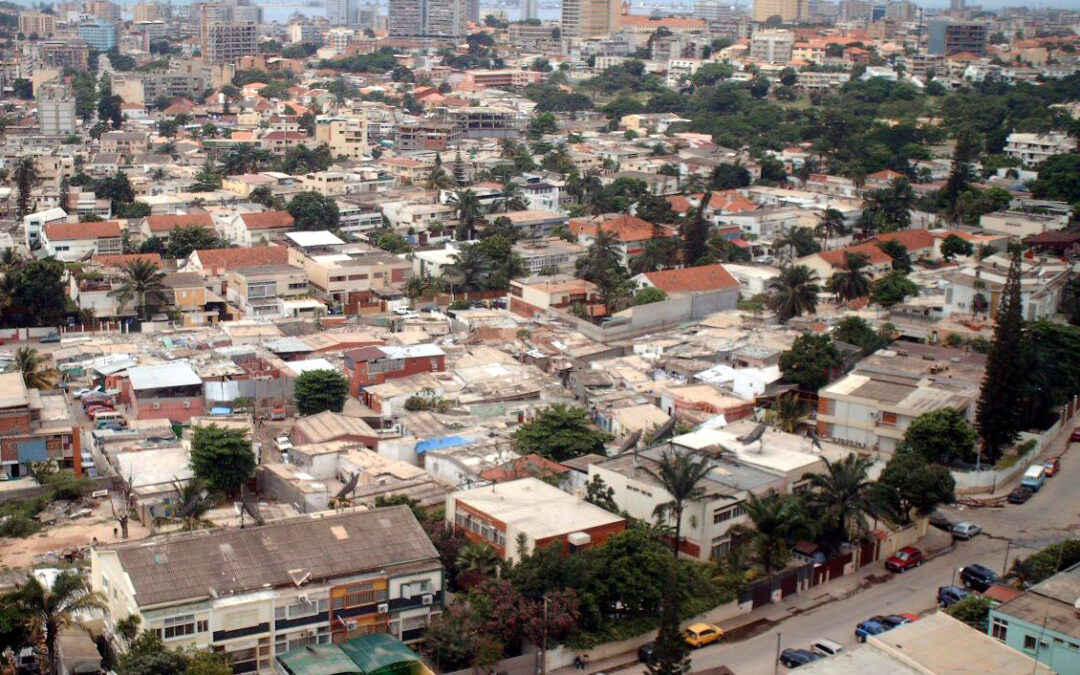
Angola: ICJ condems the abduction of war veterans in Angola
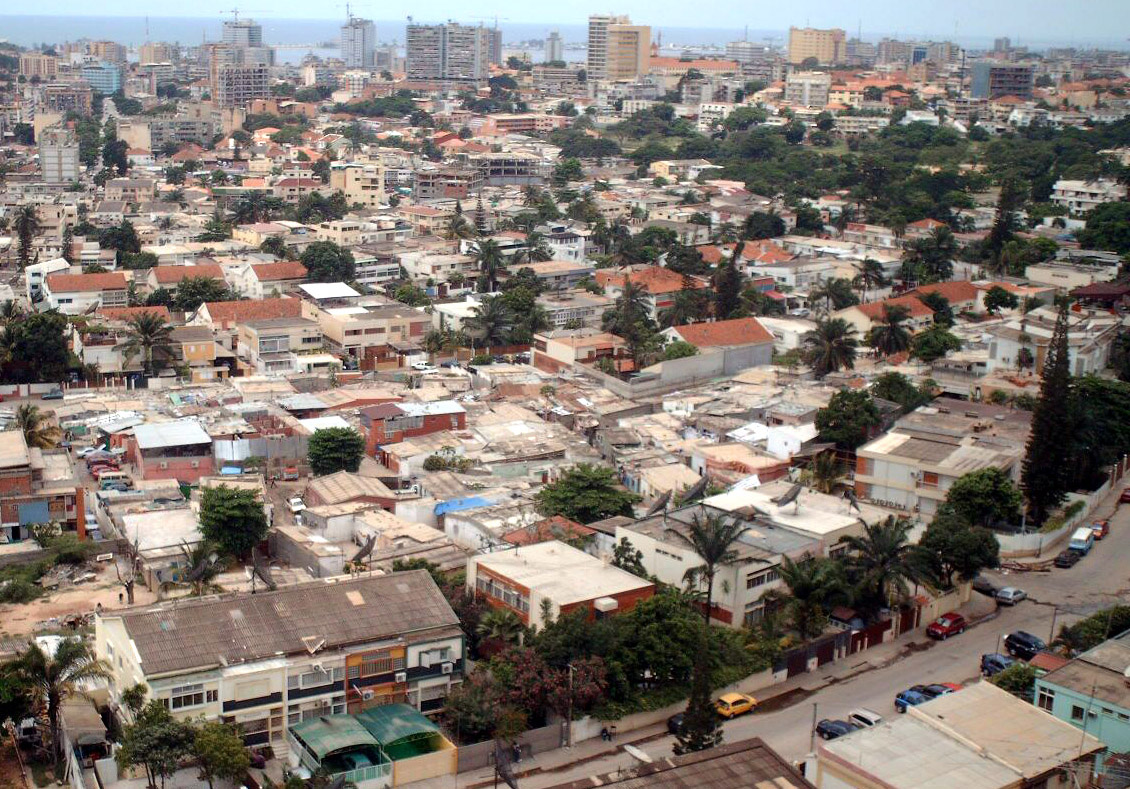 The ICJ notes with concern reports of the alleged abduction of two war veterans, António Alves Kamulingue and Isaias Sebastião Cassule, in Luanda, on 27 and 29 May 2012 respectively.
The ICJ notes with concern reports of the alleged abduction of two war veterans, António Alves Kamulingue and Isaias Sebastião Cassule, in Luanda, on 27 and 29 May 2012 respectively.

 The ICJ notes with concern reports of the alleged abduction of two war veterans, António Alves Kamulingue and Isaias Sebastião Cassule, in Luanda, on 27 and 29 May 2012 respectively.
The ICJ notes with concern reports of the alleged abduction of two war veterans, António Alves Kamulingue and Isaias Sebastião Cassule, in Luanda, on 27 and 29 May 2012 respectively.
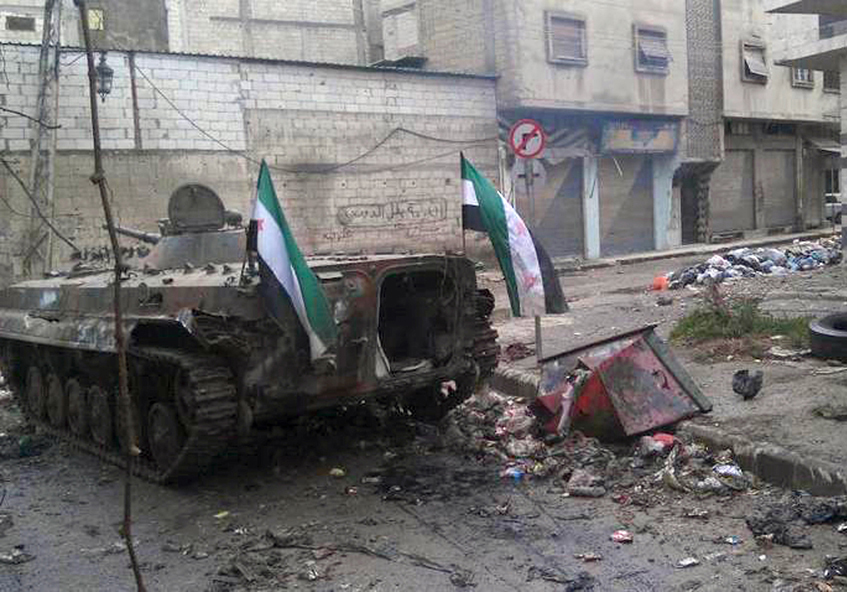
 The ICJ is urging the Syrian authorities to immediately and unconditionally release Mazen Darwish, a prominent human rights lawyer and defender, and President of the Center for Media and Freedom of Expression (SCM).
The ICJ is urging the Syrian authorities to immediately and unconditionally release Mazen Darwish, a prominent human rights lawyer and defender, and President of the Center for Media and Freedom of Expression (SCM).
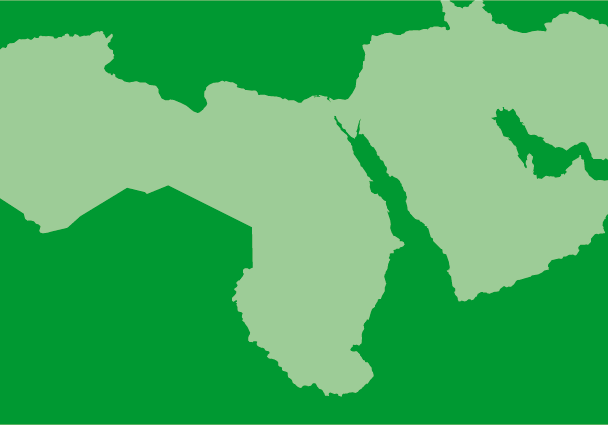
The ICJ called upon the Moroccan authorities to comply with international law and remove the blanket immunity contained in the draft law 01-12 on the “Fundamental Guarantees for the Members of the Royal Armed Forces”.
The draft law, in particular Article 7, attempts to guarantee members of the Moroccan armed forces absolute immunity from criminal prosecution for operations carried out under the orders of a superior within the national territory.
It also requires the State to protect members of the armed forces from prosecution as well as from public criticism or condemnation.
The ICJ is deeply concerned that the law attempts to grant immunity for all serious crimes prohibited by international law that might be committed by the Members of the Royal Armed Forces under the orders of their superiors, including war crimes, crimes against humanity, acts of genocide, torture and enforced disappearances.
The law also does not provide for any legal measures against superiors when their orders violate the law.
“The draft law violates Morocco’s obligations under international law, which prohibits any immunity from legal proceedings in respect of crimes under international criminal law, including gross human rights violations”, whether the perpetrators act under orders from a superior officer or independently”, said Alice Goodenough, Legal Adviser for ICJ’s Middle East and North Africa Programme. “The draft law 01-12 should be amended to ensure that those who carry out or participate directly in committing crimes under international law, as well as those who have command responsibility, are held criminally responsible for such conduct.”
The ICJ is concerned that over the past fifty years, Moroccan armed forces and other security services have acted with impunity, unaccountable to either the courts or Parliament.
They have enjoyed effective immunity from any legal proceedings over their role in the human rights violations documented in the 2005 report of the Moroccan Truth Commission (the IER), including unlawful killings, summary executions, enforced disappearances, arbitrary detentions, and torture and other ill-treatment, the ICJ notes.
“This draft law, if adopted, will institutionalize the impunity that has prevailed over past and present human rights abuses in Morocco,” Goodenough added. “Moroccan authorities must refrain from adopting this law or any other measures that foster or contribute to impunity.”
Contact:
Alice Goodenough, Middle East & North Africa Legal Adviser, t +41 22 979 3811; e-mail: alice.goodenough(at)icj.org

The ICJ and Amnesty International presented a third party intervention in the case El Masri v. the Former Yugoslav Republic of Macedonia before the Grand Chamber of the European Court of Human Rights.
In the third party intervention, the ICJ and AI outlined developments on the principle of non-refoulement, on enforced disappearances, on the international law of state responsibility and on the right to truth.
Macedonia-written submission-legal submission-2012 (full text in English, PDF)
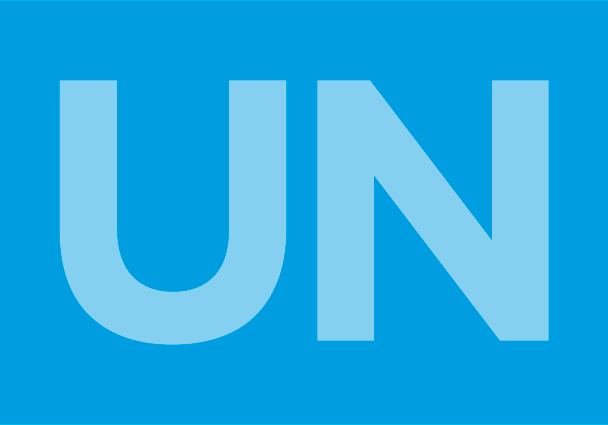
Under the second cycle of the Universal Periodic Review (UPR) mechanism, the UN Human Rights Council Working Group on the UPR will be undertaking a review of Sri Lanka during its 14th session.
In a submission to the Working Group, the ICJ has focused on the discrete issues of:
Sri Lanka-ICJ submission UPR-non-judicial submission-2012 (full text in English, PDF)
Sri Lanka-Comparison second cycle-advocacy-2012 (full text in English, PDF)